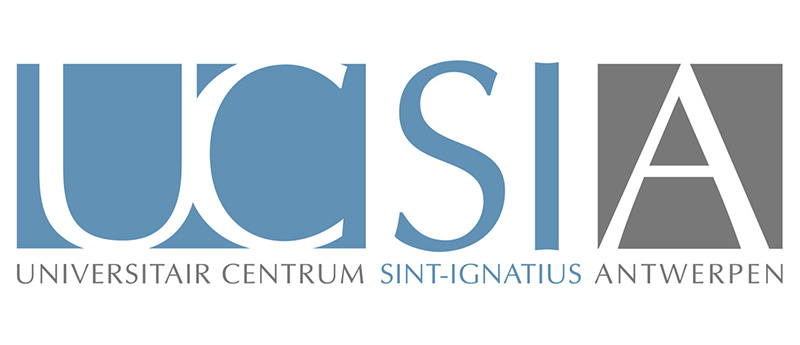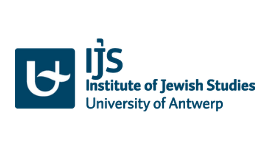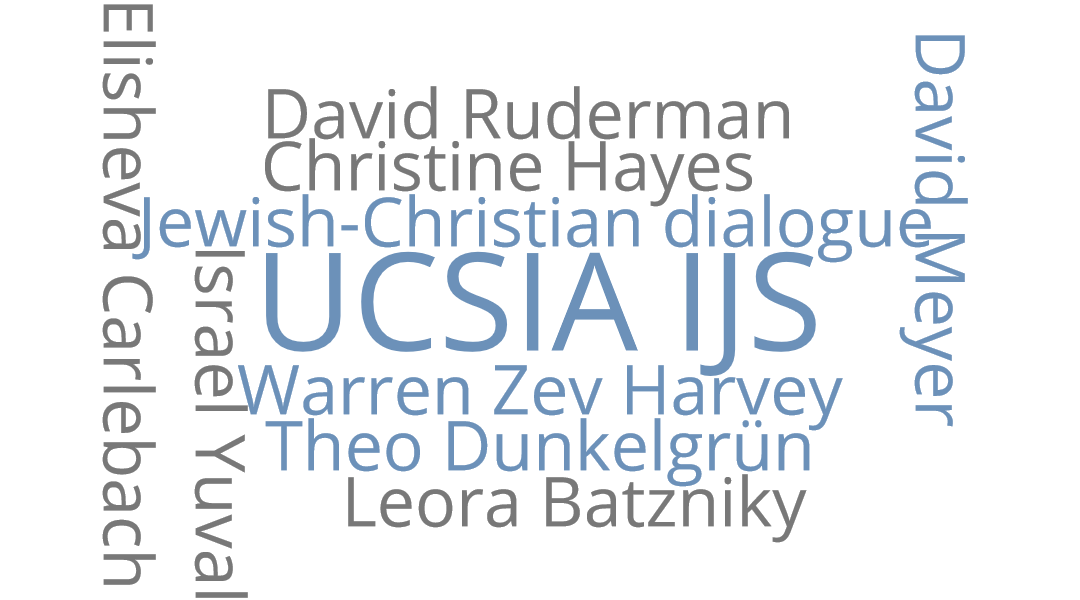
Levinas:
Between Judaism, Christianity and Philosophy
19 February 2020
For the 12th edition of the Chair for Jewish-Christian Relations, UCSIA and the Institute of Jewish Studies (University of Antwerp) will organize an evening on the French philosopher Emmanuel Levinas and his legacy. Different perspectives will be presented: Levinas as a Jewish thinker, Levinas from a Christian perspective, and Levinas as a philosopher.
The individual lectures by prominent Levinas experts will be followed by a panel debate and discussion with the audience. The evening will be moderated by Dr. Ashraf Noor and Prof. Vivian Liska (Institute of Jewish Studies), and will be concluded with a reception.
In cooperation with:
Institute of Jewish Studies
interdisciplinary research centre for the scientific study of Judaism
Keynotes
From “Penseur juif” to “Juif qui pense” : Emmanuel Levinas’s Talmudic Philosophy
by Shmuel Wygoda
Few Jewish philosophers have had significant impact both on the realm of philosophy at large and on that of Jewish thought. In the twentieth century such figures included Hermann Cohen, who anchored his attention to Jewish texts on the Bible and particularly on its Prophets; Franz Rosenzweig, who was particularly attracted to the thought of the medieval Jewish scholar Judah Halevy; and Martin Buber, who found inspiration in the mystical world of Hassidism. Emmanuel Levinas, subsequent to his meeting with his mysterious teacher Monsieur Chouchani, developed special interest in the Talmud. However, his reading of Talmudic texts differs both from the tradition of the Talmudic academies (yeshivot) and from the historical philological mode practiced in the academic world. In this presentation, the idiosyncrasies of the “Levinassian” approach to the Talmud and its relevance for Levinas’s general philosophy will be demonstrated.
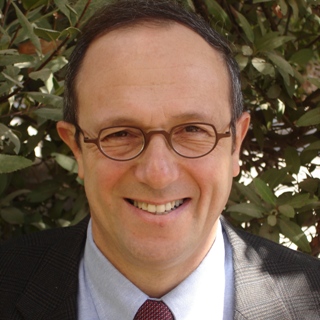
Prof. Dr. Shmuel Wygoda chairs the Department of Jewish Philosophy at the Herzog College (Alon Shevut / Jerusalem). He was the Dean of the Herzog College between 1995-2006. He taught as Lecturer at the Hebrew University of Jerusalem in Jewish Philosophy, and currently teaches at the Hebrew University in the Shluhei Zibbur Program. He has edited several books and published a wide range of articles, primarily on contemporary Jewish and general philosophy with special interest in the general and Talmudic philosophy of Emmanuel Levinas. In 2020 he will be visiting professor at La Sapienza University in Rome.
Forgiving the unforgivable? Levinas’s polemics against a Christian concept of almighty forgiveness
by Marcel Poorthuis
In Levinas’s thought forgiveness is not just a religious or social issue, but also the concrete way by which time itself can be understood. True philosophy lives from experience, and the experience of dismissing the past by remembering it shows the ambiguity of time itself, both in its continuity and in its discontinuity. Time cannot properly be understood as an isolated subject, although the majority of Western philosophy has attempted to do so. One’s relationship with the other human being creates dimensions of past, present, and future that are unimaginable in a solitary subject. Claiming a forgiveness that can dispense with one’s own relationship to the other human being is nothing but violence. We may wonder whether the Lord’s prayer – “Forgive us our trespasses as we forgive” – intends to state otherwise. This also raises questions about how to address major social conflicts, such as with South Africa and the Truth and Reconciliation Commission and with criminals in our own society. How do we deal with forgiveness and who is entitled to grant it?

Prof. Dr. M.J.H.M. (Marcel) Poorthuis teaches interreligious dialogue at the Tilburg School of Theology. His dissertation dealt with the French-Jewish philosopher Emmanuel Levinas. He has published works on Catholicism, Judaism, and Buddhism and recently on Dutch perceptions of Islam (Van harem tot fitna, Nijmegen 2011). He is co-editor of the international series Jewish and Christian Perspectives (Brill Leiden) and chairman of the foundation Pardes for Jewish wisdom. His recent publications deal with the Jewish and Christian sources of Islam.
The Problem of Method in Levinas’s Ethics as First Philosophy
by Arthur Cools
It is well known that Emmanuel Levinas defends ethics as first philosophy and that he contributes to a philosophy of subjectivity which he defines as responsibility for the other person. At the same time, however, many of his texts are highly difficult to read, not to say unreasonable, hyperbolic, extraordinary. How is Levinas able to state what he means to say? This question is the starting point for an examination of the philosophical method in Levinas’s analyses of subjectivity. Prof. Dr. Arthur Cools seeks to show that Levinas’s method consists of a combination of three methodological devices: phenomenology, de-formalization, and reduction.
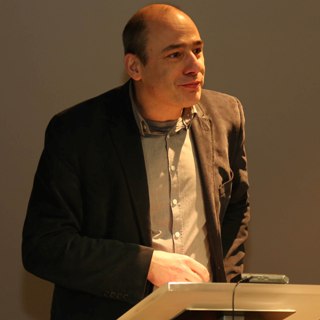
Prof. Dr. Arthur Cools is Full Professor in Contemporary Philosophy and Philosophy of Culture at the University of Antwerp. He is the author of Langage et subjectivité. Vers une approche du différend entre Maurice Blanchot et Emmanuel Lévinas (2007) and co-editor of The Locus of Tragedy (2008), Metaphors in Modern and Contemporary Philosophy (2013), Debating Levinas’ Legacy (2015), and Kafka and the Universal (2016). His work concentrates on the field of contemporary French philosophy, with particular interest in the question of singularity in relation to subjectivity and the interplay between philosophy and literature.
The Idea of Infinity: The Impacts of Levinas’s Understanding of Transcendence for the Jewish-Christian Dialogue
by prof. René Dausner – Institut für Katholische Theologie, Universität Hildesheim
In his magnificent work “God and Philosophy” Emmanuel Levinas develops a new understanding of transcendence. In returning to basic deliberations about the idea of infinity, Levinas shows how the infinite can be interpreted as involved in finity but without becoming finity. His rereading of the discourse of Descartes‘s idea of infinity – which opened the modern paradigm of subjectivity – offers much interpretive potential for theology in terms of a post-metaphysical thinking (J. Habermas). In his paper, prof. Dausner seeks to reconstruct the impacts of Levinas‘s philosophical thinking, especially on the Jewish-Christian dialogue.

René Dausner is Professor of Systematic Theology at the Institute for Catholic Theology, University of Hildesheim. His theological dissertation examined the poetry of the Elazar Benyoetz and researched the attempts of speaking about God today. In 2016, he published his second book, Christology in a Messianic Perspective, which focuses on the philosophical attributions to messianic subjectivity and time by Emmanuel Levinas and Giorgio Agamben. He taught fundamental theology at the Catholic University of Eichstätt-Ingolstadt between 2011 and 2018 and held an interim professorship in Systematic Theology at the University of Dresden from 2017 until 2018.
